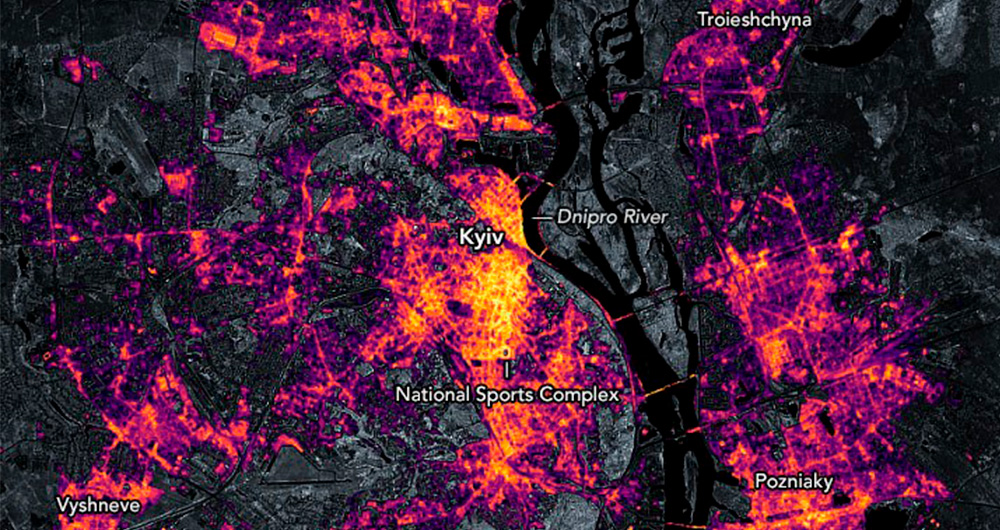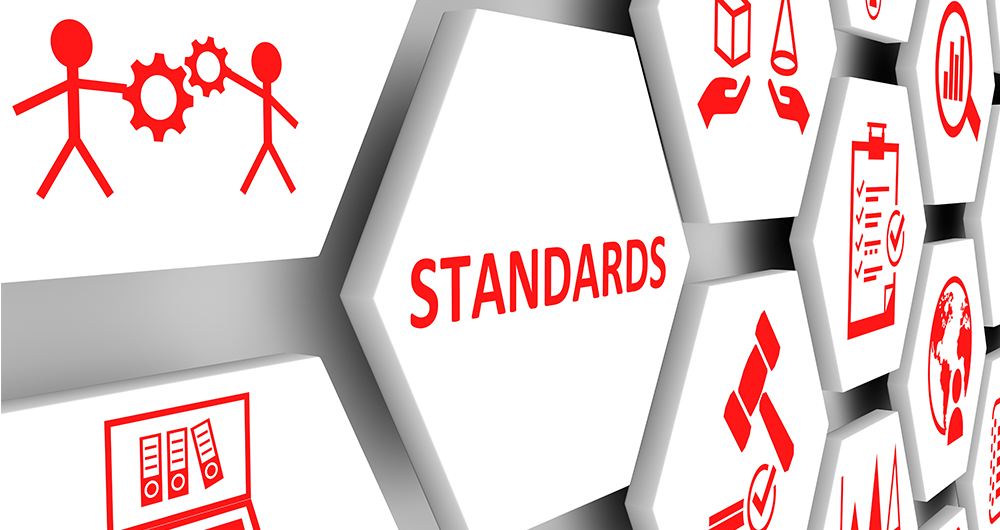7 posts found
DCAT-AP-ES: A step forward in open data interoperability
Context and need for an update
Data is a key resource in the digital transformation of public administrations. Ensuring its access, interoperability and reuse is fundamental to improve transparency, foster innovation and enable the development of efficient public services centered on citizens.
In th…
HealthDCAT-AP: The Standard That Connects Health Data to People
Data is the engine of innovation, and its transformative potential is reflected in all areas, especially in health. From faster diagnoses to personalized treatments to more effective public policies, the intelligent use of health information has the power to change lives in profound and meaningful w…
A common language to enable interoperability between open dataset catalogs
Open data plays a relevant role in technological development for many reasons. For example, it is a fundamental component in informed decision making, in process evaluation or even in driving technological innovation. Provided they are of the highest quality, up-to-date and ethically sound, data can…
Collecting and analysing data to improve humanitarian assistance and restore damage during the Ukrainian war
On 24 February Europe entered a scenario that not even the data could have predicted: Russia invaded Ukraine, unleashing the first war on European soil so far in the 21st century.
Almost five months later, on 26 September, the United Nations (UN) published its official figures: 4,889 dead and 6,263…
Different approaches to identifying high-value data
Since the publication of Directive (EU) 2019/1024 on open data and re-use of public sector information, the European Commission is undertaking a number of actions to develop the concept of high-value data that this directive introduced as an important novelty in June 2019.
We recall that high-value…
DCAT-AP 2.0.1, ¿cómo ha evolucionado la especificación de referencia europea para la descripción de catálogos de datos abiertos?
DCAT-AP es la especificación europea para la descripción de catálogos de datos abiertos. Su referente es el estándar Data Catalog Vocabulary (DCAT) de W3C, creado para facilitar la interoperabilidad entre catálogos de datos publicados en la web. DCAT permite disponer de un vocabulario de propiedade…
How open data can help in the refugee crisis
According to the United Nations Agency for Refugees (UNHCR), we are currently witnessing the highest levels of displacement of people registered in recent history. In 2019, it is estimated that more than 70 million people have been forced to leave their homes, including 25.9 million legal refugees,…






